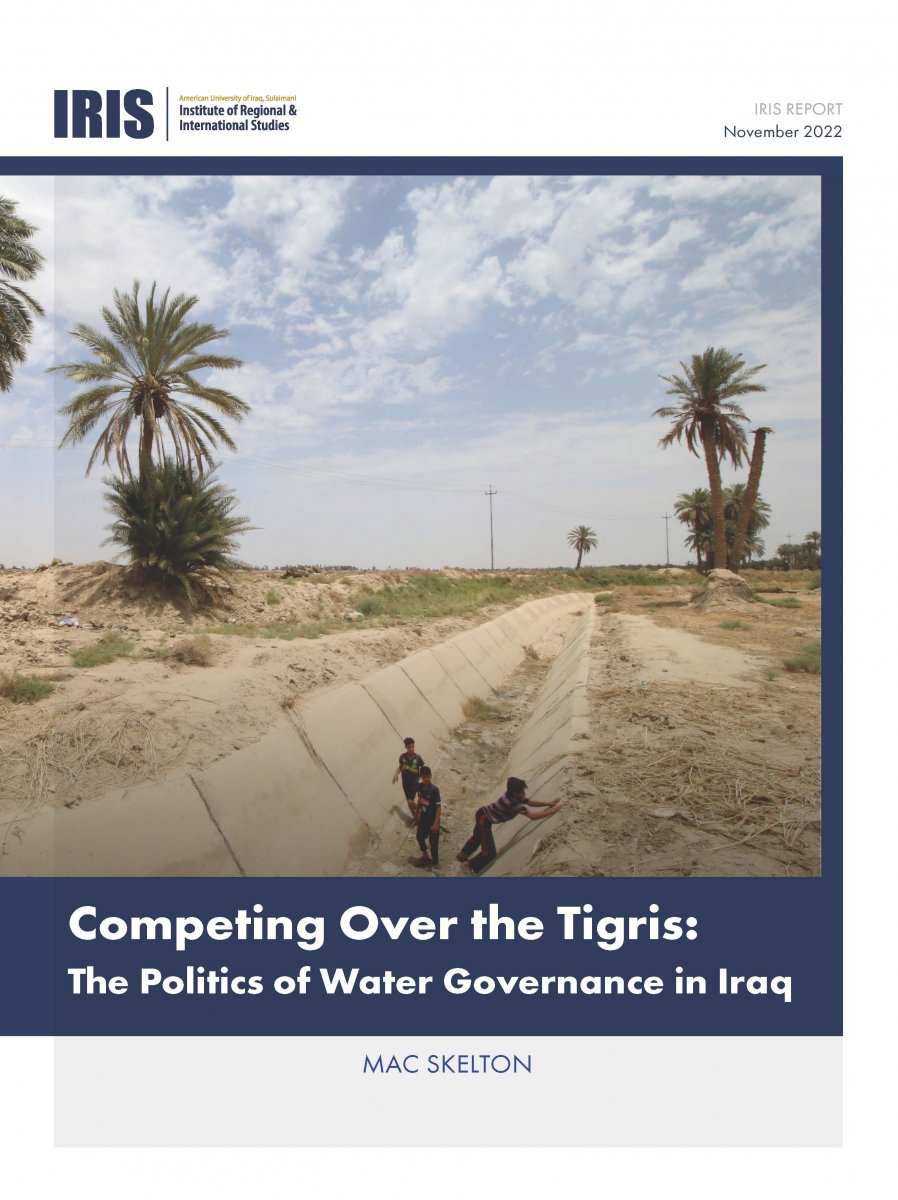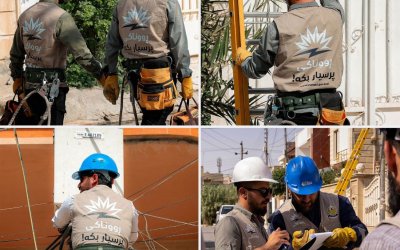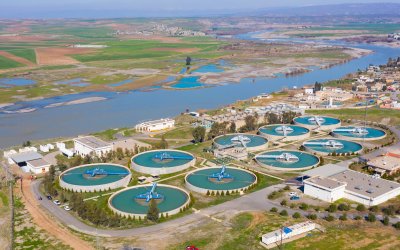Recent local struggles over water in Iraq have fed into ominous warnings about the coming age of “water wars” within states severely impacted by climate change. Heated disputes over water – between upstream and downstream provinces; between provincial governments and national ministries; and among and between groups of farmers – have become a growing phenomenon, particularly in the agricultural areas of southern Iraq. Struggles over water in Iraq’s agricultural areas are not solely the product of reductions in water supply from changing precipitation levels and upstream damming practices. They are also the product of longstanding patterns of failed internal water governance, fueled by systemic corruption, in place since the US-led invasion of 2003. Iraq’s critical water infrastructure lies in a state of disrepair, particularly in the agricultural areas of the south where most local disputes over water originate. Not only has this deterioration of infrastructure created immense water losses across the irrigation network, but it has also eroded trust between government authorities and agricultural communities. Now that water scarcity is reaching acute levels across the south, the relevant ministries are scrambling to impose water quotas and reduce on-farm water losses. But farmers are increasingly resisting these policies, which has provoked and exacerbated existing tensions across multiple different levels of water stakeholders. This report unpacks the implications of local and inter-provincial struggles over water in Iraq and calls for a recommitment to rebuilding water infrastructure in agricultural areas.
Click here or the image below for the full report.






